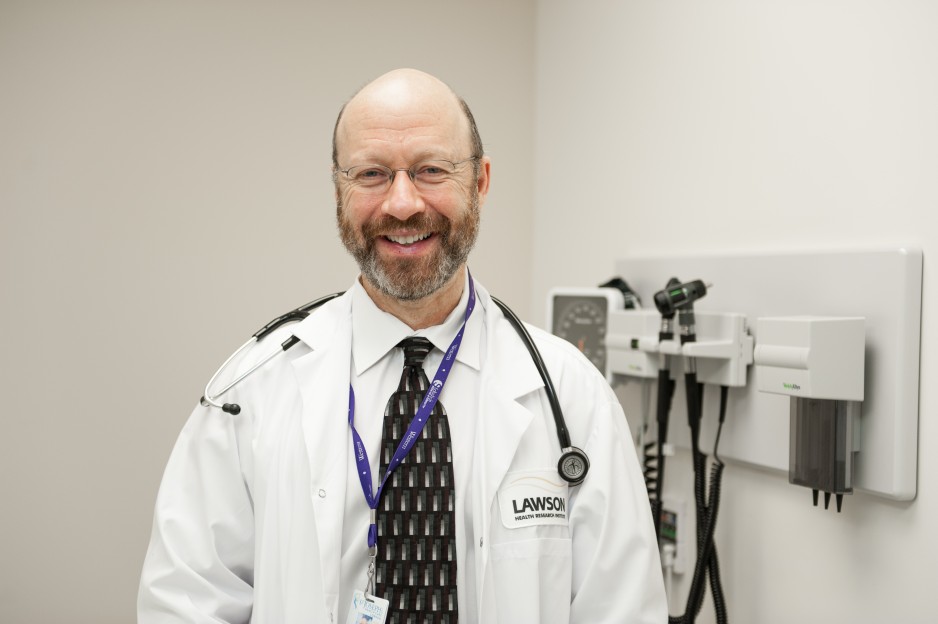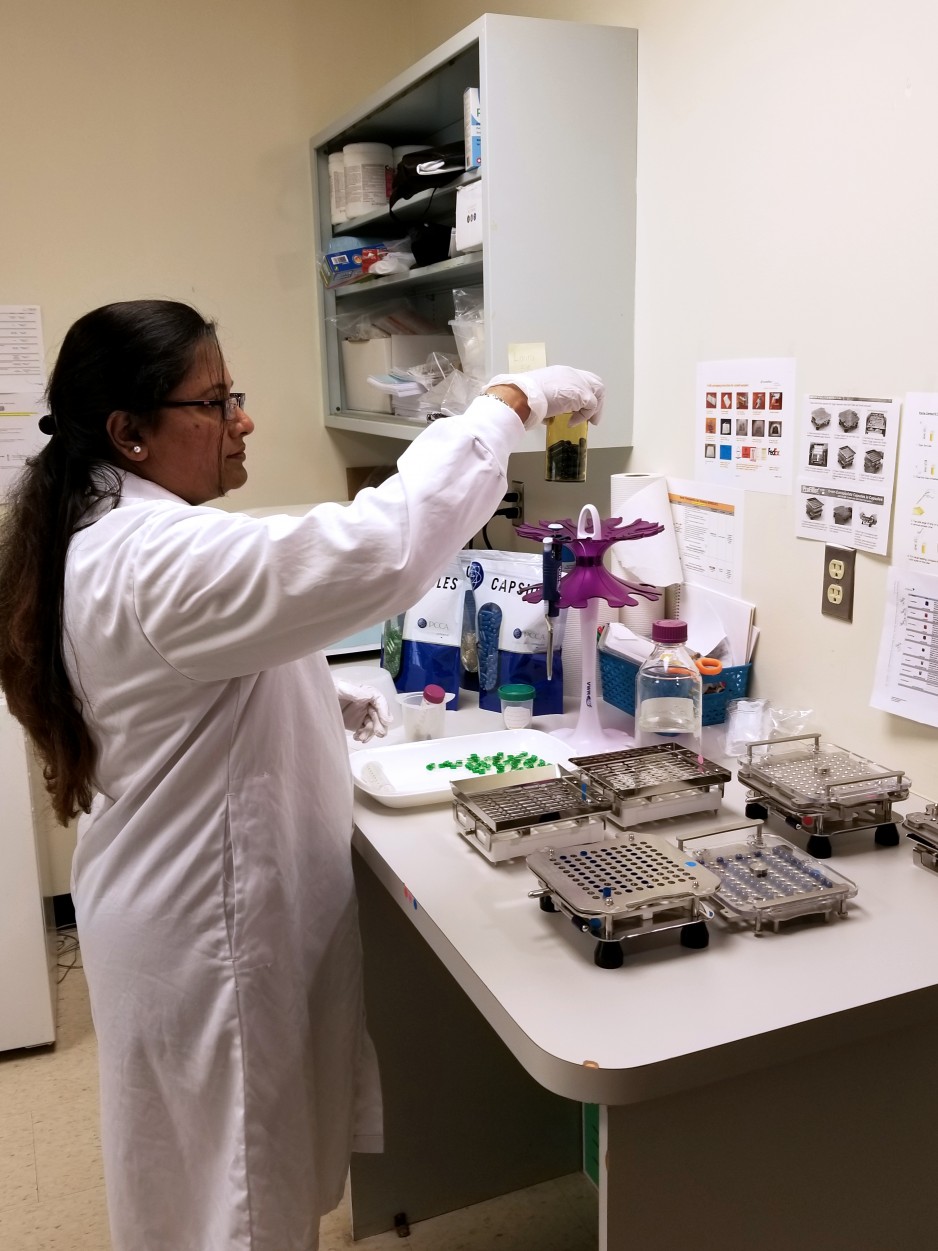The scoop on poop
Like blood transfusions, fecal transplants save lives. Don't flush away an opportunity to help. Learn about fecal transplants and how anyone can be a poop donor.
It’s inevitable that any conversation with Dr. Michael Silverman loops around to poop. Few get as excited at the mention of this bodily byproduct, and few are as well versed on the topic. Dr. Silverman, Director of St. Joseph's Infectious Diseases Care Program, is, in fact, a Canadian poop pioneer.
In 2003, long before poop was a hot topic in health care, Dr. Silverman was treating an 80-year-old patient who had been hospitalized repeatedly with Clostridium difficile (C. difficile) infection – the major cause antibiotic-associated diarrhea that often strikes the elderly. She had borrowed money against her house to afford the medication and could no longer tolerate the burden of this debilitating and life-threatening infection – physically and financially. She begged him to find a solution.
Dr. Silverman had just read a new Scandinavian report about an alternative treatment that addressed the cause of the disease, its prevention and recurrence – fecal microbial transplantation (FMT), otherwise known as a poop transplant.
Most cases of C. difficile occur in individuals who are taking antibiotics and some acquire it while hospitalized. Antibiotics can destroy the normal bacteria found in the gut, causing C. difficile bacteria to overgrow. When this occurs, the C. difficile bacteria produce toxins, which can damage the bowel and cause diarrhea and the other complications. Treating C. difficile with antibiotics also kills even more of the helpful normal gut bacteria, and when these antibiotics are stopped the C. difficile returns. This can happen over and over again, making treating relapsing C. difficile a huge challenge.
With FMT, donated stools from a healthy person is diluted with saline, filtered to a clear liquid, and introduced by enema into the person with C. difficile. It works by replacing the normal healthy gut bacteria.
The 80-year-old woman was Dr. Silverman’s first FMT patient. It worked. The woman was cured of the infection. And so began his pursuit of poop to treat disease.
At St. Joseph’s, Dr. Silverman has been able to advance his work in FMT, efforts that recently earned his team the Sandra Letton Quality Award presented by St. Joseph’s for outstanding contributions toward improvement in quality patient care.
Since 2015, the team has successfully administered more than 150 FMTs for C. difficile patients from across Southern Ontario. Working in partnership with research coordinator Seema Nair Parvathy (PhD), the outpatient Infectious Diseases Care Program at St. Joseph’s Hospital has become the first clinic in Ontario to offer FMT by capsules instead of by enema, and only the second in Canada to do so.
The hope is to expand treatment using FMT to other diseases such a non-alcoholic fatty liver disease, multiple sclerosis, melanoma and atherosclerosis.
You can help: Don’t flush away a chance to save a life
Just like blood transfusions, fecal transplants save lives, says Dr. Michael Silverman, Medical Director of St. Joseph’s Infectious Diseases Care Program. But transplants need donors. Dr. Silverman urges people to get past the “ick factor”, be screened and donate. One stool can transplant three to four people. And donors can give as often as they poop.
To find out more about eligibility and how to donate, call the 519 646-6100, ext. 61726.
About St. Joseph’s Infectious Diseases Care Program
The Infectious Diseases Care Program meets the outpatient needs of HIV-infected and affected populations across the region, providing medical, nursing, social work, pharmacy, and nutrition services. About 650 patients with HIV/AIDS, from infants to patients in their 80s, and about 350 patients with hepatitis C receive care either at St. Joseph’s Hospital or through a partnership with the London InterCommunity Health Centre.
The program also provides care for patients with a broad range of other acute and chronic infectious diseases.

